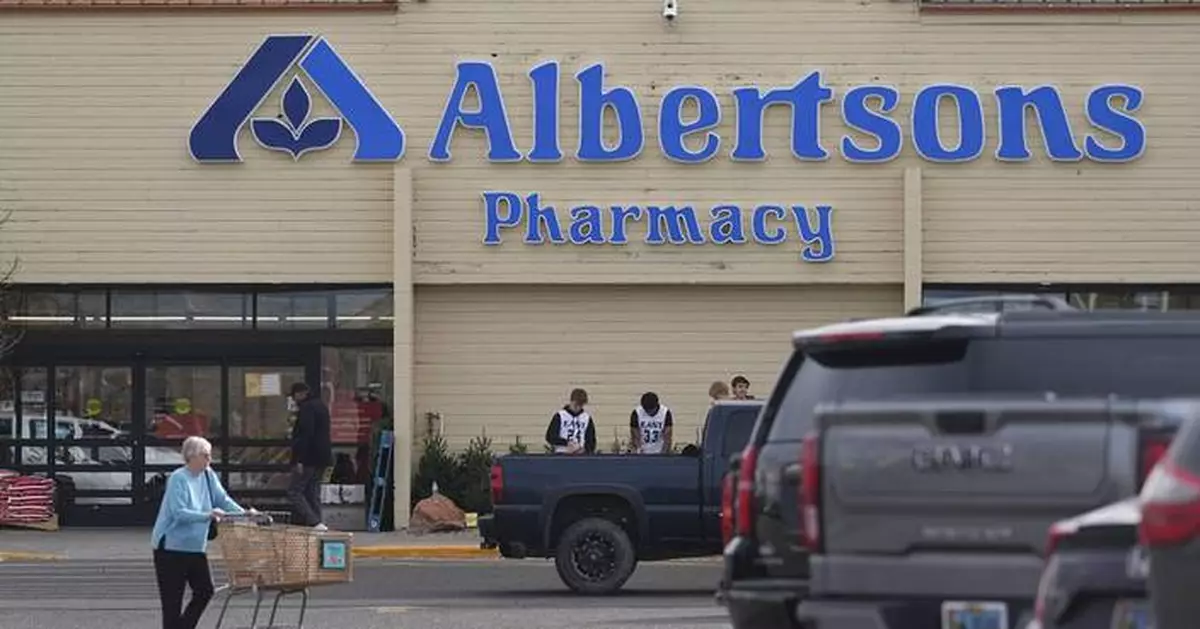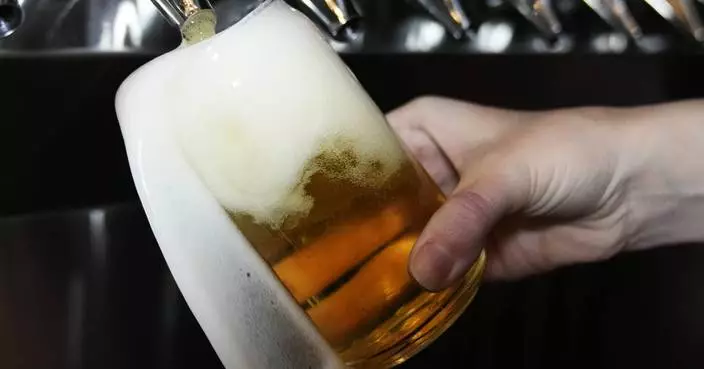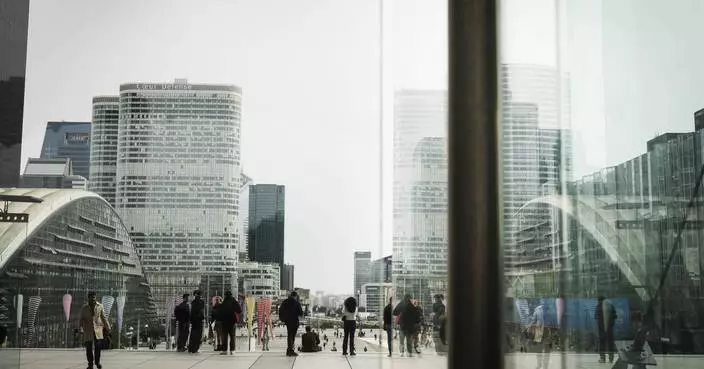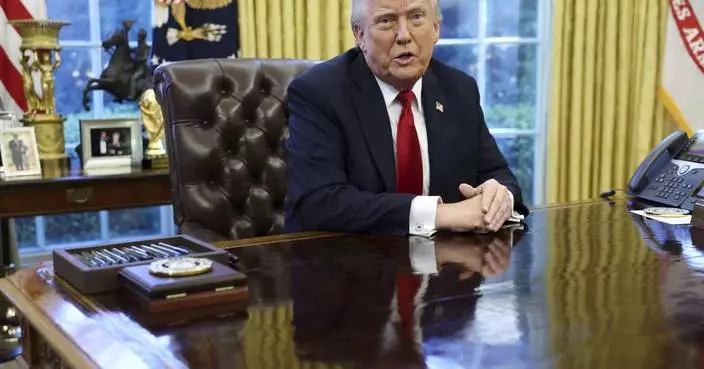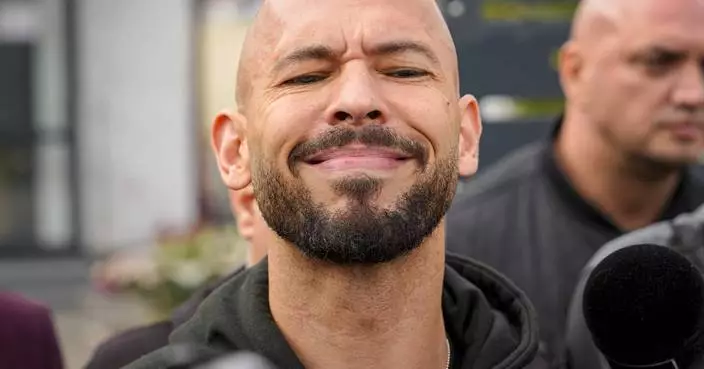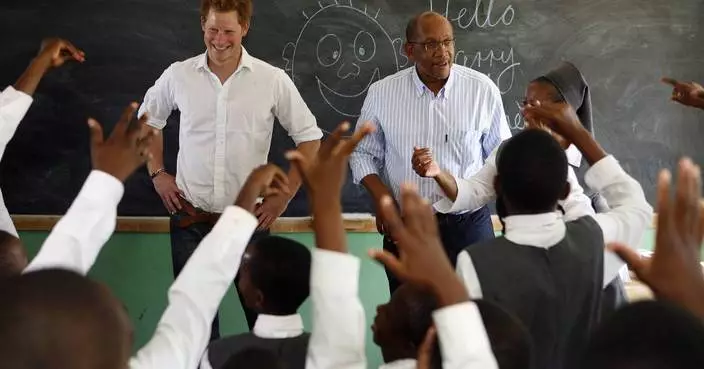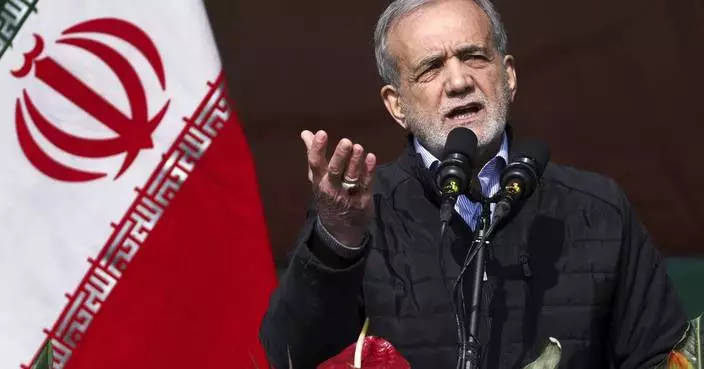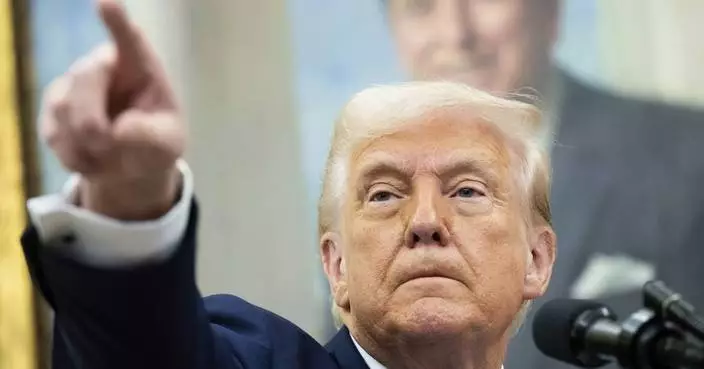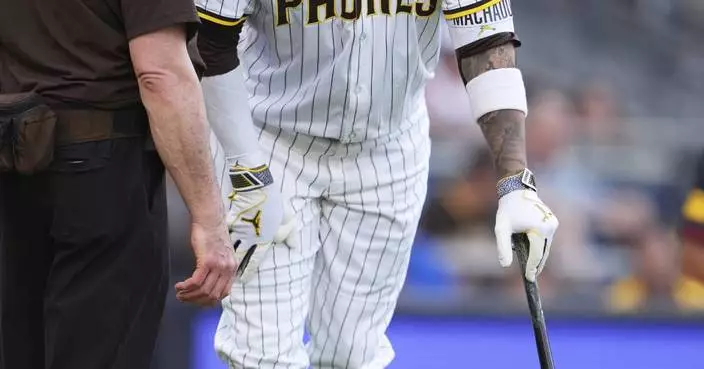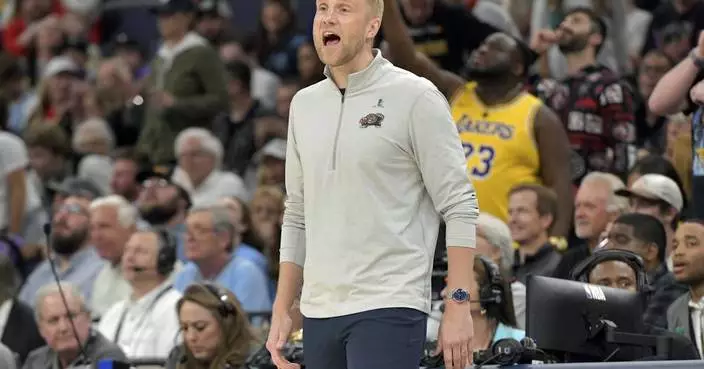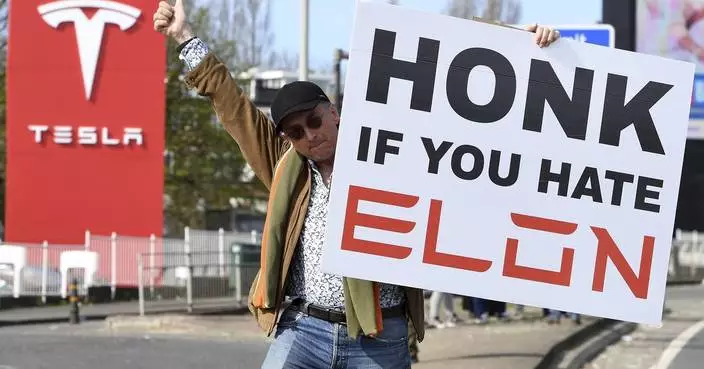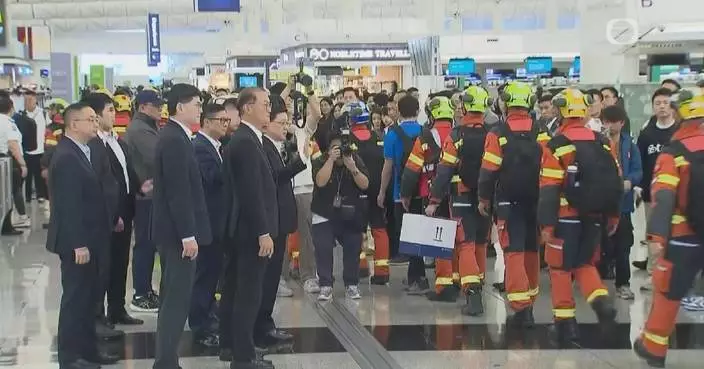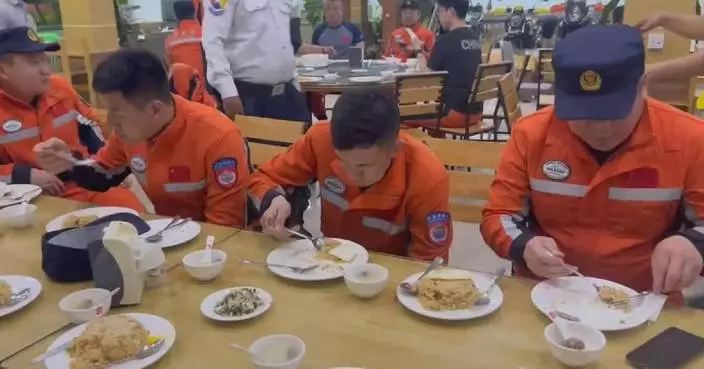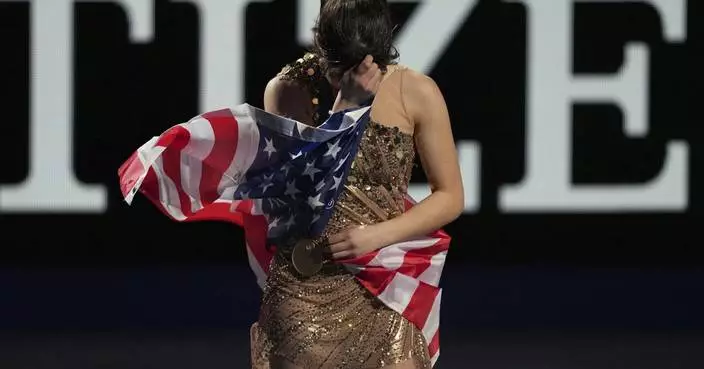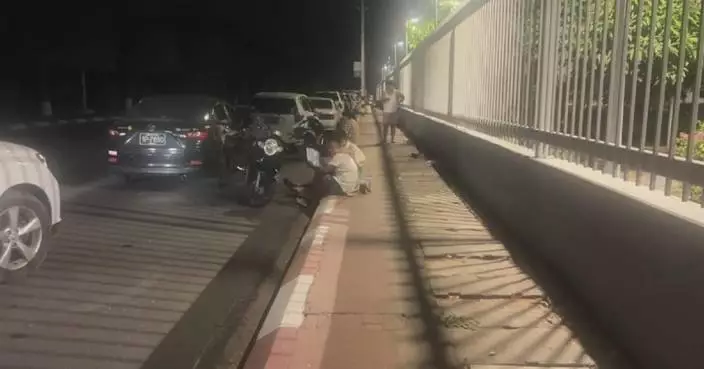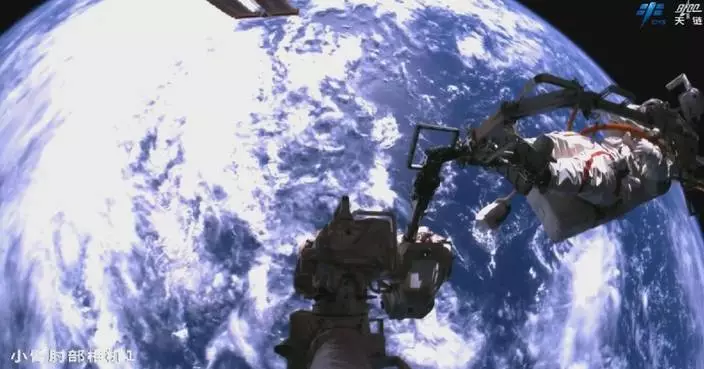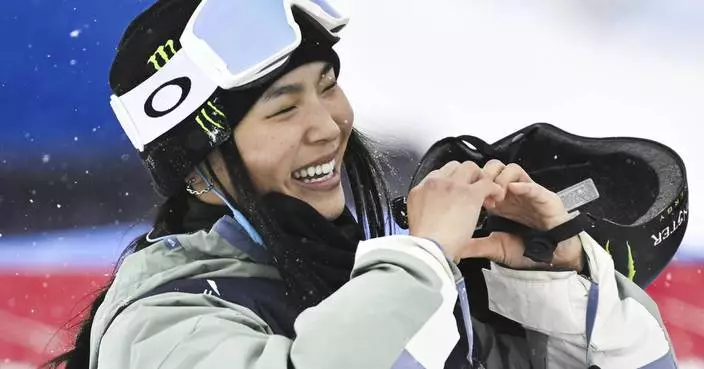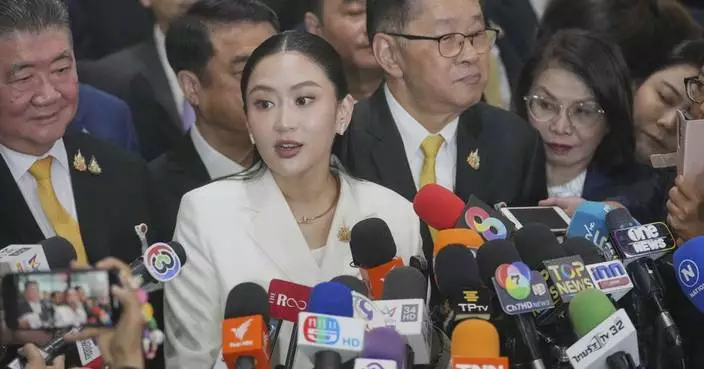Kroger is denying Albertsons’ claims that it didn’t do enough to ensure regulatory approval of the companies’ planned supermarket merger.
In court papers filed Tuesday in the Delaware Court of Chancery, Kroger said Albertsons disregarded the companies’ merger agreement and worked secretly with a partner, C&S Wholesalers, to try to force Kroger to divest more stores to C&S.
Kroger also claimed that Albertsons was secretly planning to sue Kroger if the deal didn’t go through long before the merger actually fell apart in December. Kroger said in Tuesday's court filing that it should not be forced to pay Albertsons a $600 million termination fee as well as billions of dollars in legal fees.
In a statement Tuesday, Albertsons said it was Kroger that failed to honor the merger agreement.
“Kroger’s self-interested conduct doomed the merger, and we are now focused on returning value to Albertsons’ shareholders to compensate for those losses,” Albertsons said.
Kroger and Albertsons first proposed the merger in 2022. They argued that combining would help them better compete with big retailers like Walmart and Costco.
But the Federal Trade Commission and two states — Washington and Colorado — sued to block the merger last year, saying it would raise prices and lower workers’ wages by eliminating competition. It also said Kroger and Albertsons' plan to divest 579 stores C&S Wholesalers was inadequate to ensure competition, since C&S was ill-equipped to take on so many stores.
In December, judges in Washington and Oregon halted the merger in two rulings issued within hours of each other.
Kroger said even after lower courts ruled, it believed the merger still had a chance of going through. Kroger said it told Albertsons it was planning to re-engage with the FTC after President Donald Trump's election because it thought the FTC under Trump would be less hostile to mergers.
But instead, Albertsons filed a lawsuit against Kroger the day after the lower court rulings. Albertsons said Kroger refused to divest more stores, even as it became clear that regulators weren't satisfied with its plans. Albertsons said Kroger also should have sought other buyers beyond C&S to satisfy regulators' concerns.
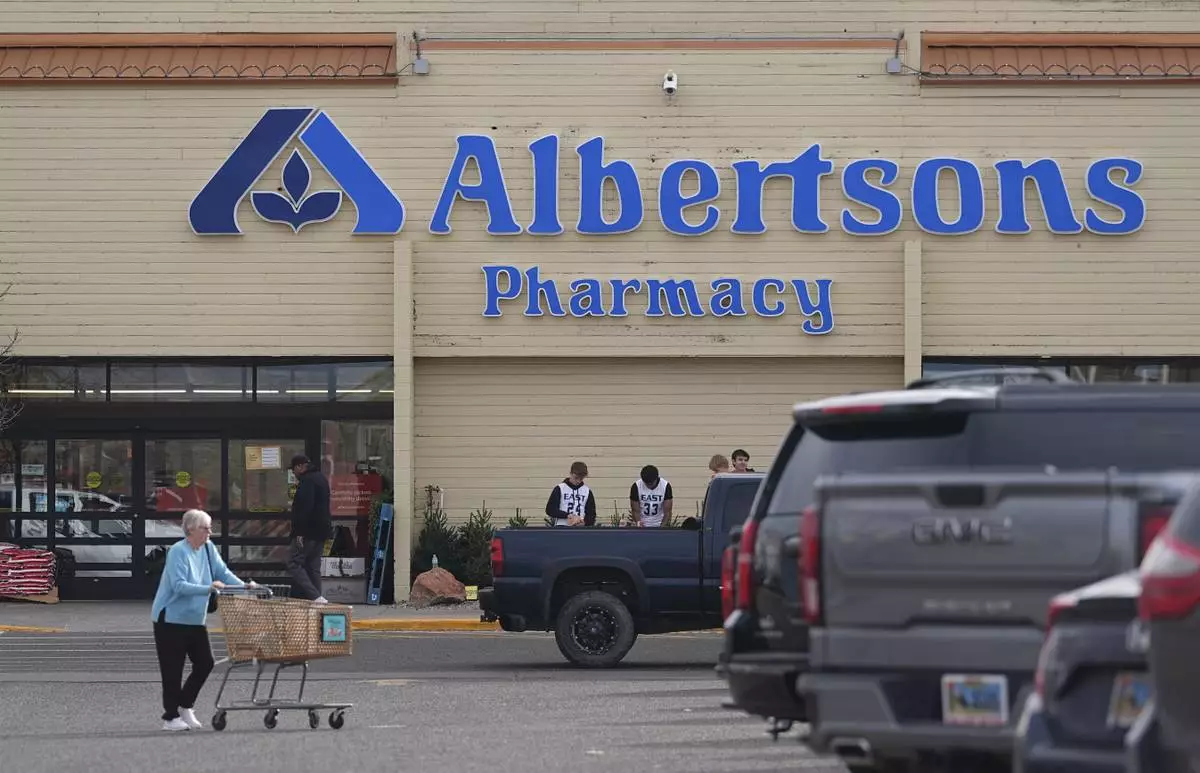
FILE - Shoppers head into an Albertson's grocery store Saturday, Nov. 23, 2024, in Cheyenne, Wyo. (AP Photo/David Zalubowski, File)
MADISON, Wis. (AP) — Wisconsin's attorney general on Sunday asked the liberal-controlled state Supreme Court to stop billionaire Elon Musk from handing over $1 million checks to two voters, an appeal that came hours before President Donald Trump's ally planned the giveaway at an evening rally.
An appeals court on Saturday rejected the legal challenge by Democrat Josh Kaul, who argues that Musk's offer violates a state law prohibiting giving anything of value in exchange for a vote.
Wisconsin's tightly contested Supreme Court election, where ideological control of the court is at stake, is on Tuesday. Liberals currently hold a 4-3 majority.
At Musk's rally scheduled in Green Bay at 7:30 p.m. EST, he promised to hand over a pair of $1 million checks to voters who signed an online petition against “activist” judges.
Trump and Musk are backing Waukesha County Judge Brad Schimel in the Supreme Court race, while Democrats are behind Dane County Judge Susan Crawford. Trump and groups he supports have spent more than $20 million to help Schimel get elected.
Crawford's campaign declined to comment Sunday on the appeal.
The justices who are being asked to decide the matter include the liberal incumbent whose retirement this year set up the race for an open seat and control of the court. The contest has shattered national spending records for a judicial election, with more than $81 million in spending.
Musk’s political action committee used a nearly identical tactic before the presidential election last year, offering to pay $1 million a day to voters in Wisconsin and six other battleground states who signed a petition supporting the First and Second Amendments. A judge in Pennsylvania said prosecutors failed to show the effort was an illegal lottery and allowed it to continue through Election Day.
The appeals court said Saturday that the attorney general, in a “minimally developed legal argument,” failed to show that he was entitled to an order blocking Musk. The court also noted that Kaul alleged that the Columbia County Circuit Court had refused to hear his lawsuit, but he provided no details about the court’s action.
There is no entry for the county court's decision in the state’s online court database and neither Kaul’s office nor the state court office has provided any documentation to The Associated Press of the court’s actions which came after business hours on Friday night.
“We are not permitted to be the first court to decide whether the respondents are engaged in the conduct that is alleged, or to decide the legal status of that conduct,” the appeals court said.
Musk on Friday initially said in a post on his social media platform, X, that he planned to “personally hand over” $2 million to a pair of voters who have already cast their ballots in the race.
Musk later posted a clarification, saying the money would go to people who will be “spokesmen” for an online petition against “activist” judges. After first saying the event would only be open to people who had voted in the Supreme Court race, he said attendance would be limited to those who have signed the petition.
Also on Friday, Musk’s political action committee identified the recipient of its first $1 million giveaway — a Green Bay man who had donated to the Wisconsin GOP and the conservative candidate in the court race, and who has a history of posting support for Trump and his agenda.
The judicial election comes as Wisconsin's highest court is expected to rule on abortion rights, congressional redistricting, union power and voting rules that could affect the 2026 midterms and the 2028 presidential election in the state.
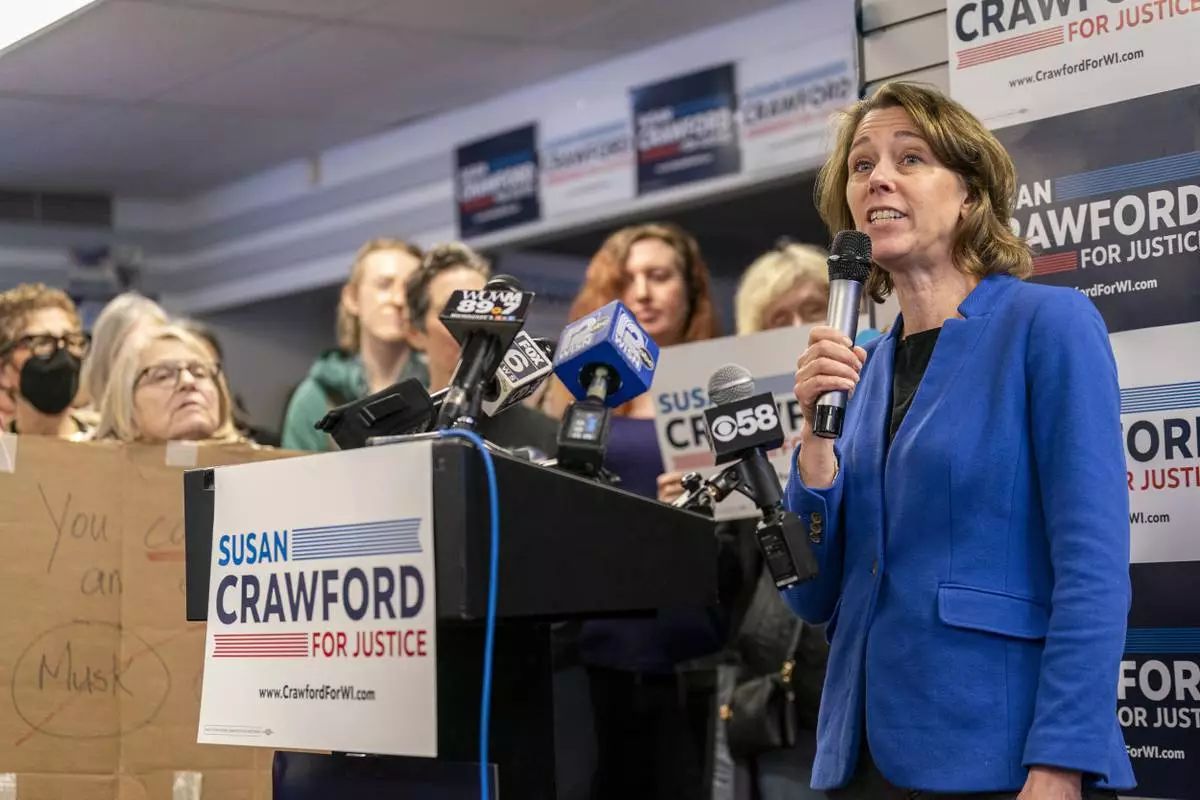
Wisconsin Supreme Court candidate Susan Crawford addresses a crowd Saturday, March 29, 2025 at a campaign stop at a field office for the Democratic Party of Wisconsin, in Milwaukee. (AP Photo/Andy Manis)
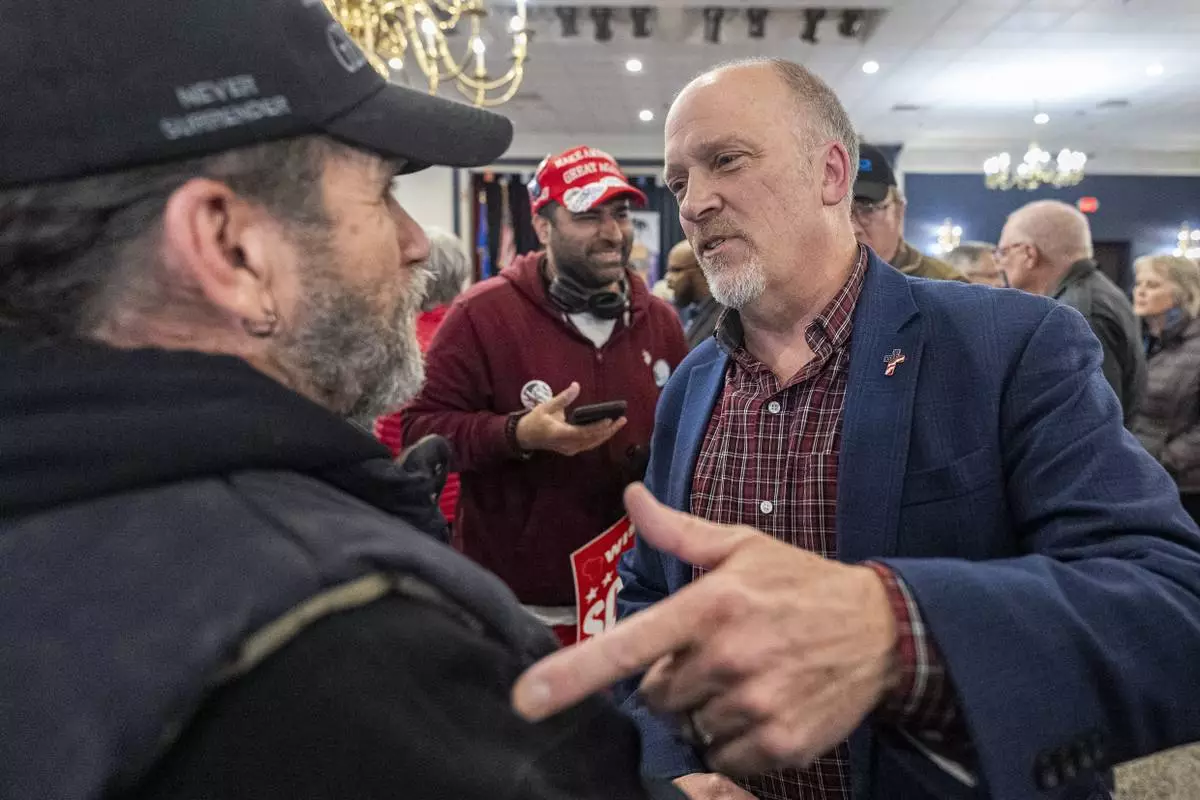
Wisconsin Supreme Court candidate Brad Schimel, right, talks to a supporter after a rally Saturday, March 29, 2025 on a campaign stop at the American Serb Memorial Hall in Milwaukee. (AP Photo/Andy Manis)
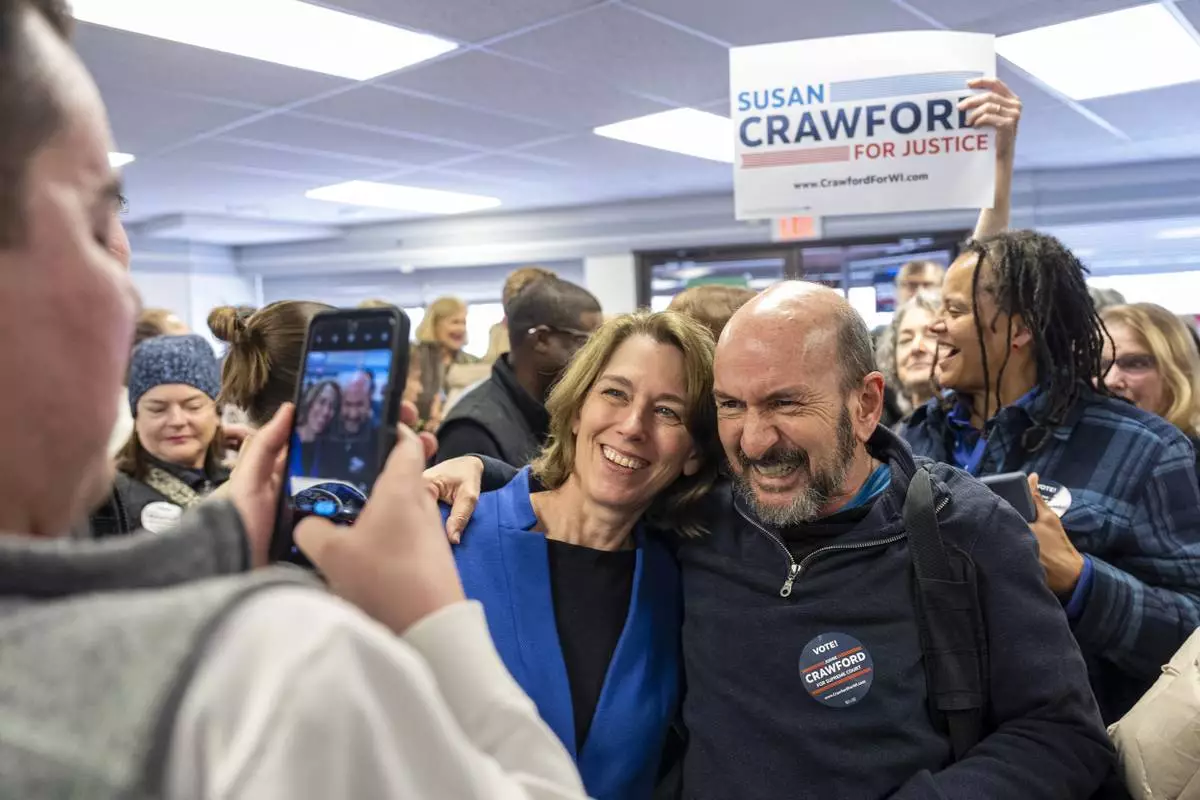
Wisconsin Supreme Court candidate Susan Crawford has her photo taken with supporters Saturday, March 29, 2025 at a campaign stop at a field office for the Democratic Party of Wisconsin, in Milwaukee. (AP Photo/Andy Manis)
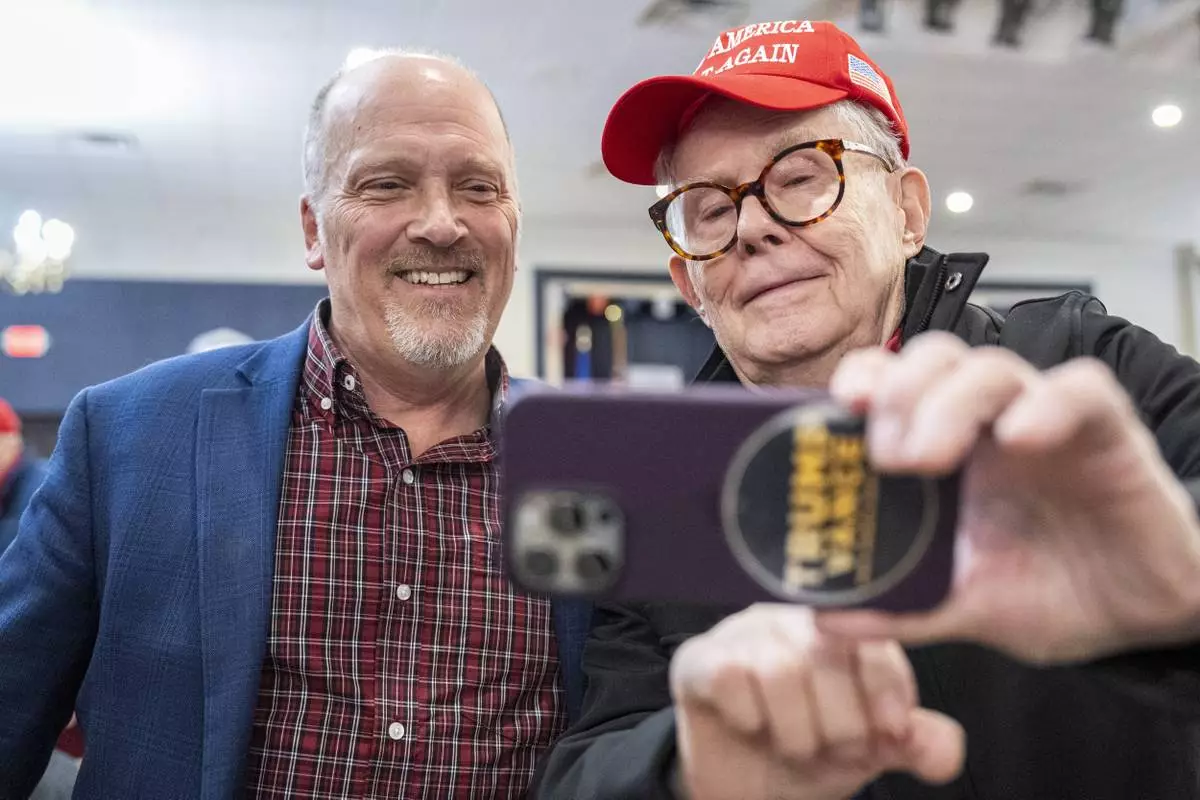
Wisconsin Supreme Court candidate Brad Schimel takes a photo with a supporter at a rally Saturday, March 29, 2025 on a campaign stop at the American Serb Memorial Hall in Milwaukee. (AP Photo/Andy Manis)
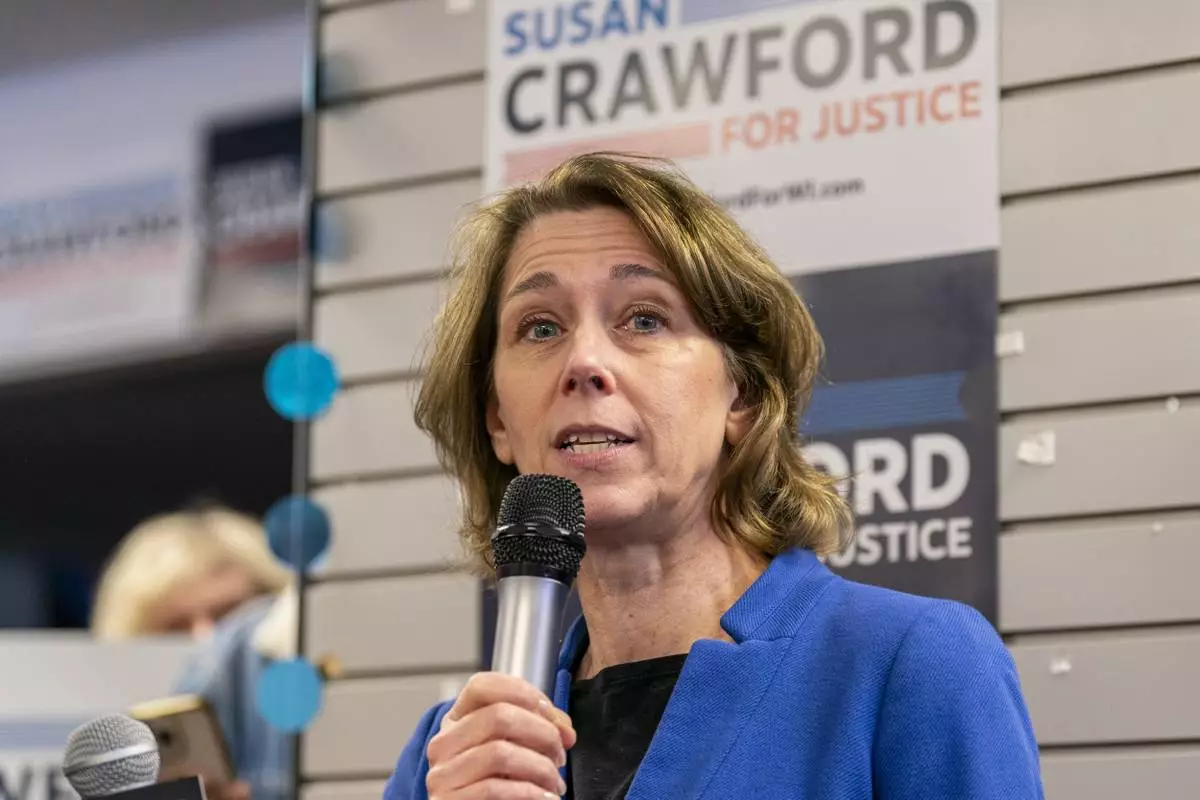
Wisconsin Supreme Court candidate Susan Crawford addresses a crowd Saturday, March 29, 2025 at a campaign stop at a field office for the Democratic Party of Wisconsin, in Milwaukee. (AP Photo/Andy Manis)
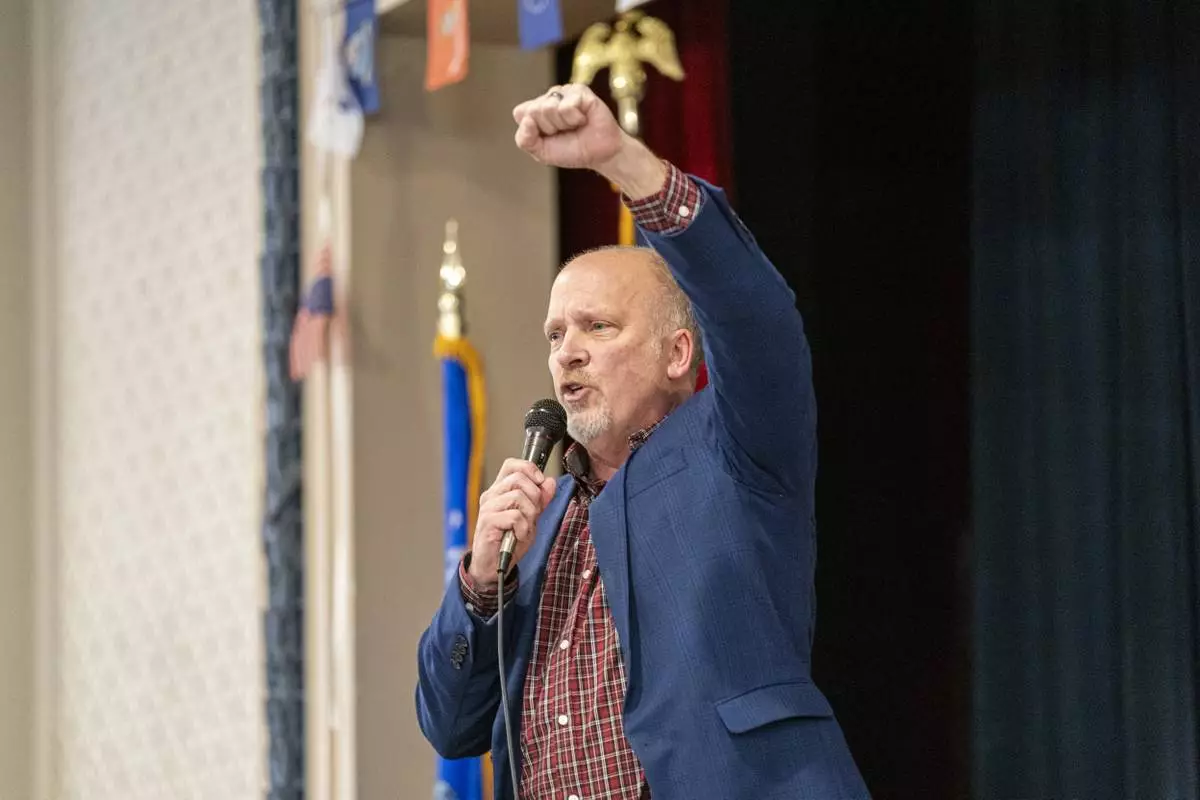
Wisconsin Supreme Court candidate Brad Schimel addresses a rally Saturday, March 29, 2025 on a campaign stop at the American Serb Memorial Hall in Milwaukee. (AP Photo/Andy Manis)
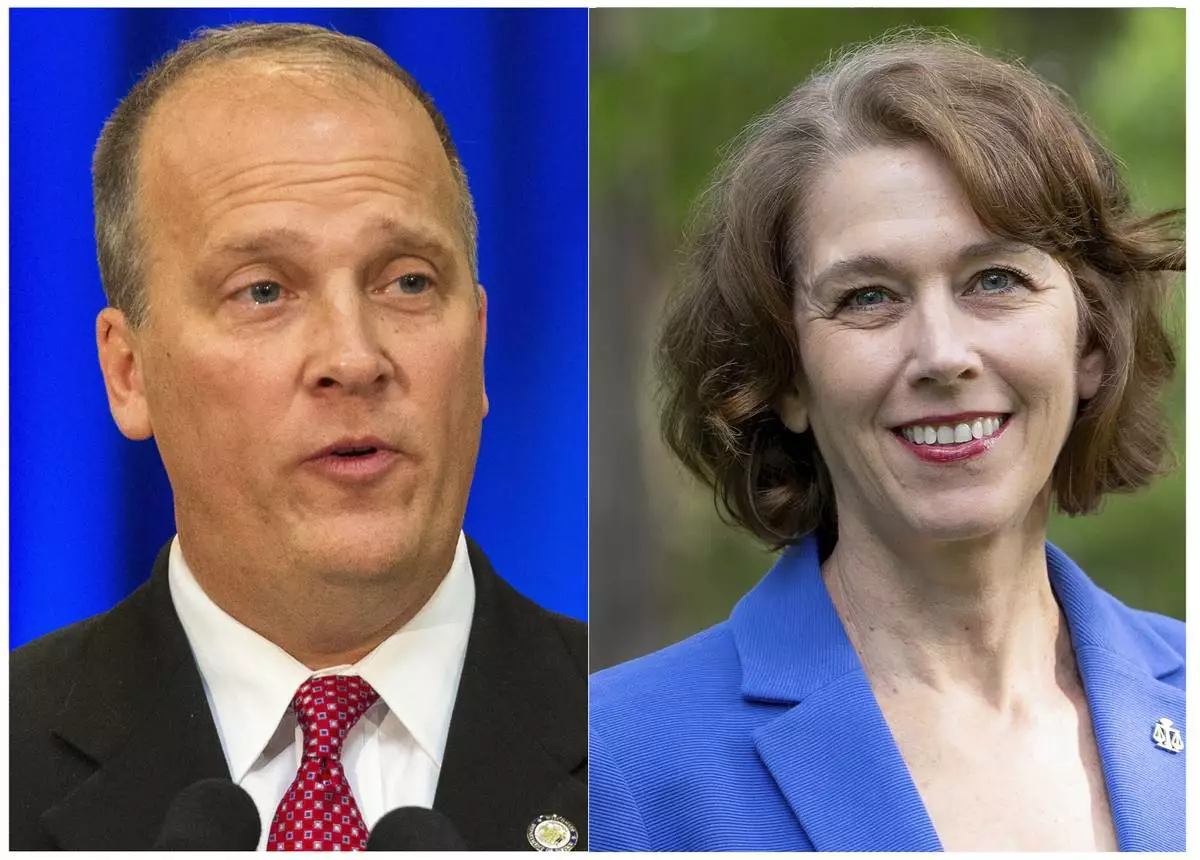
FILE - This combination of file photos shows Brad Schimel, former Republican attorney general Brad Schimel, in Madison, Wis., Jan. 5, 2015, and Susan Crawford in June 2024. (AP Photo/Andy Manis, Susan Crawford for Wisconsin, File)
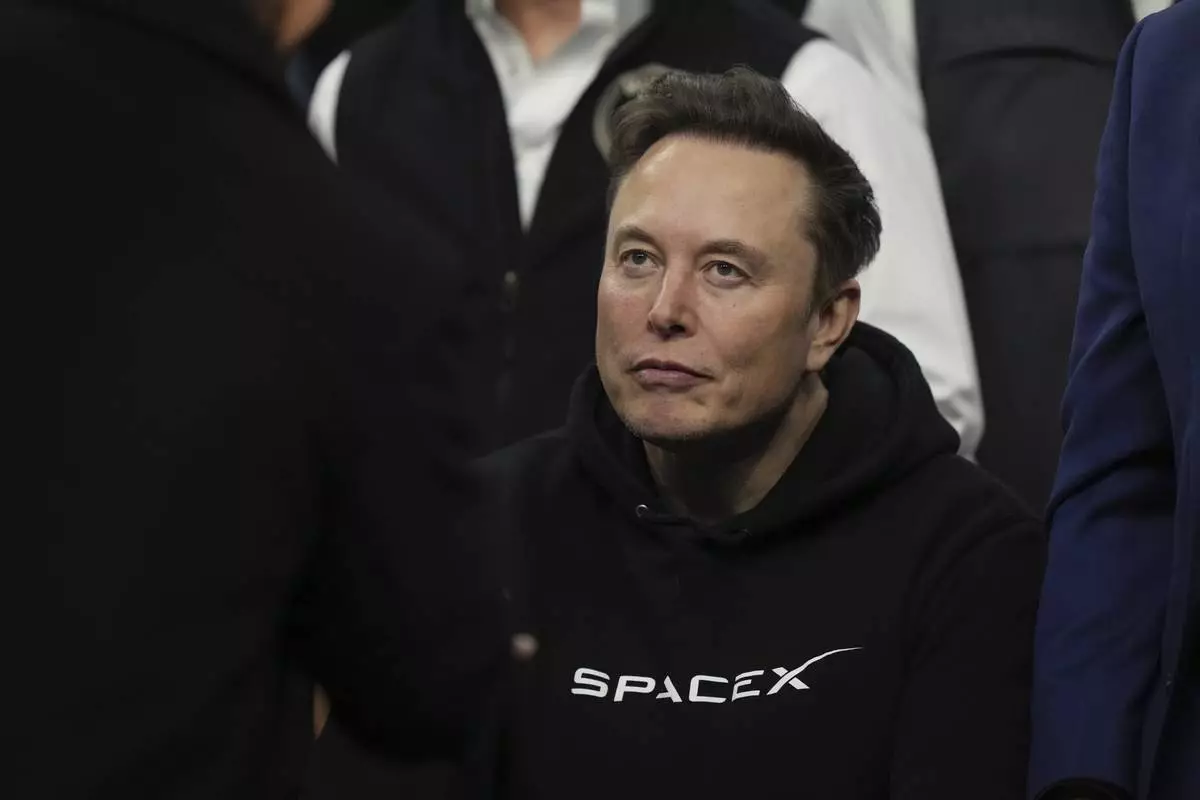
FILE - Elon Musk attends the finals for the NCAA wrestling championship, Saturday, March 22, 2025, in Philadelphia. (AP Photo/Matt Rourke, File)



